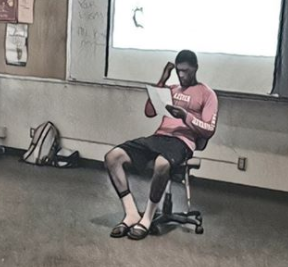We will read chapter two from Paulo Freire’s Pedagogy of the Oppressed, where he outlines the “banking concept” and “problem-posing” modes of education. Instead of diving directly into his prose, I wanted to see how students were already engaged with Freire’s ideas, even without having read his text.
To do this, we examined several editorial cartoons that depict the banking mode of education and a couple others that point to the possibility of another mode of education.
After discussing what we observed and interpreted, students had the opportunity to talk in pairs about what they experienced in school. How representative were the cartoons of their own experience or observation?






